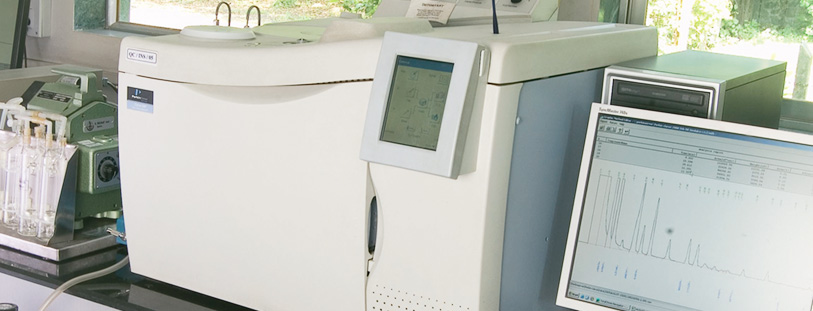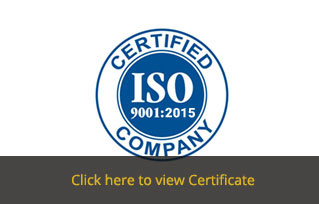Natural Gas Component Analysis
What is natural gas sampling and component analysis?
The gas industry always requires sampling and analysis, which needs taking several small field samples and performing examinations. This confirms the product quality, which must adhere to government regulations. The government has stringent guidelines on the natural gas component analysis procedure, how to sample when to report hydrocarbon liquids like gas or liquids, and resulting compositions to be recorded. These laboratory agencies sample crude gas, condensates and natural to ensure quality product data.
Alchemie gases & chemicals Pvt Ltd provide natural gas quality and component analysis. Gases analyzed include hydrocarbons (C1 to C6+) such as methane, ethane, propane, iso-butane, n-butane, iso-pentane, n-pentane, and hexane, plus heavier molecules. We supply natural gas hydrocarbon analysis to support business operations in the supply chain, such as pipeline transportation, natural gas processing, natural gas trades, LNG (Liquified Natural Gas) tankers, gas turbine power plant feedstock, and LNG facilities.
Why is natural gas sampling important?
Natural gas component analysis and testing reduce risk and maximize the component values, commonly filled in calibration gas cylinders. Natural gas has several components apart from methane, which could damage the equipment and infrastructure. It further changes the market valuation, endangers the employees and destroys operations. The composition of your natural gas allows you to reduce the dangers of contamination and corrosion issues, which helps the businesses run more efficiently and capitalize value.
Gas sampling and analysis are primarily performed to test the product components containing contaminants and impurities. These, in turn, impact the equipment, economy and the environment. Laboratories perform three tests for preventative and diagnostic scenarios, as the components must comply with the industry’s energy and safety regulations.
How is a natural gas sample taken and analyzed?
When we are talking about successful production procedures, we first obtain a small sample that represents the entire amount. Next, we analyze the sample using standard methods and techniques as per ISO 17034 to establish the quality and compliance of the source. Obtaining samples is usually reserved for experienced professionals who have worked with specialized equipment and know more about globally accepted standards.
We comply with standard practices, work with qualified and trained staff and produce accurate results. In the earlier days, we were unable to transport gas in large volumes over long distances. The transportation of chemical and hydrocarbon gases is a specialized and complicated business, which must address technical challenges to maintain profit. We must always keep quality and monitoring the purity of gases, which is crucial to distributors, traders, and producers.
At Alchemie Gases & Chemicals, we perform complete specification testing as per company-specific, trade, national and international standards. In addition, we provide traditional examination based on basic physical parameters such as dew points, vapour pressure, density, freeze point, and GC-MS techniques.
Our laboratories examine gas samples from storage facilities and tanks, refineries, and chemical plants. As per the customer’s requirements, we perform standard testing and bespoke testing to maintain trade specifications or examine specific risks. We work with advanced and state-of-the-art equipment and offer technical support on standards, technologies, and working practices.
Natural gas sampling determines the hydrocarbon dew point, gas composition, value of the gas, and specific gravity. We generally collect gas using spot sampling, continuous online sampling, and continuous composite sampling. If we plan to transport the sample, we take a sample cylinder that maintains the sanctity of the sample as present in the pipeline. We prevent damage to the instrument, and we use stainless steel for the storage equipment and sample collection to prevent absorption.
Natural gas composition reporting
Our natural gas composition reporting includes the following features, which promote a deeper evaluation of the gas sampling and analysis:
Create customized formulas with GC component results displayed on the printed report, trend plotted, monitored, and exported to the text files.
Customize the natural gas component list by adding, removing, and renamed component and calculation factors (molar mass ratio, summation factor, and heating value) using standard physical property tables. Then, you can manually load the liquids calculation or natural gas analysis or from traditional data sources.
We create customized export templates to save NGA files and processed data files on disks so that the entire process is traceable and quality maintained at all times.




